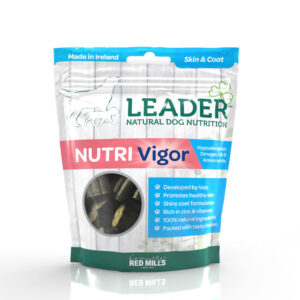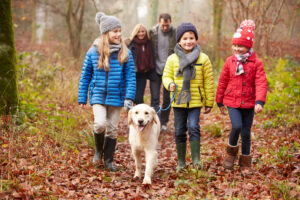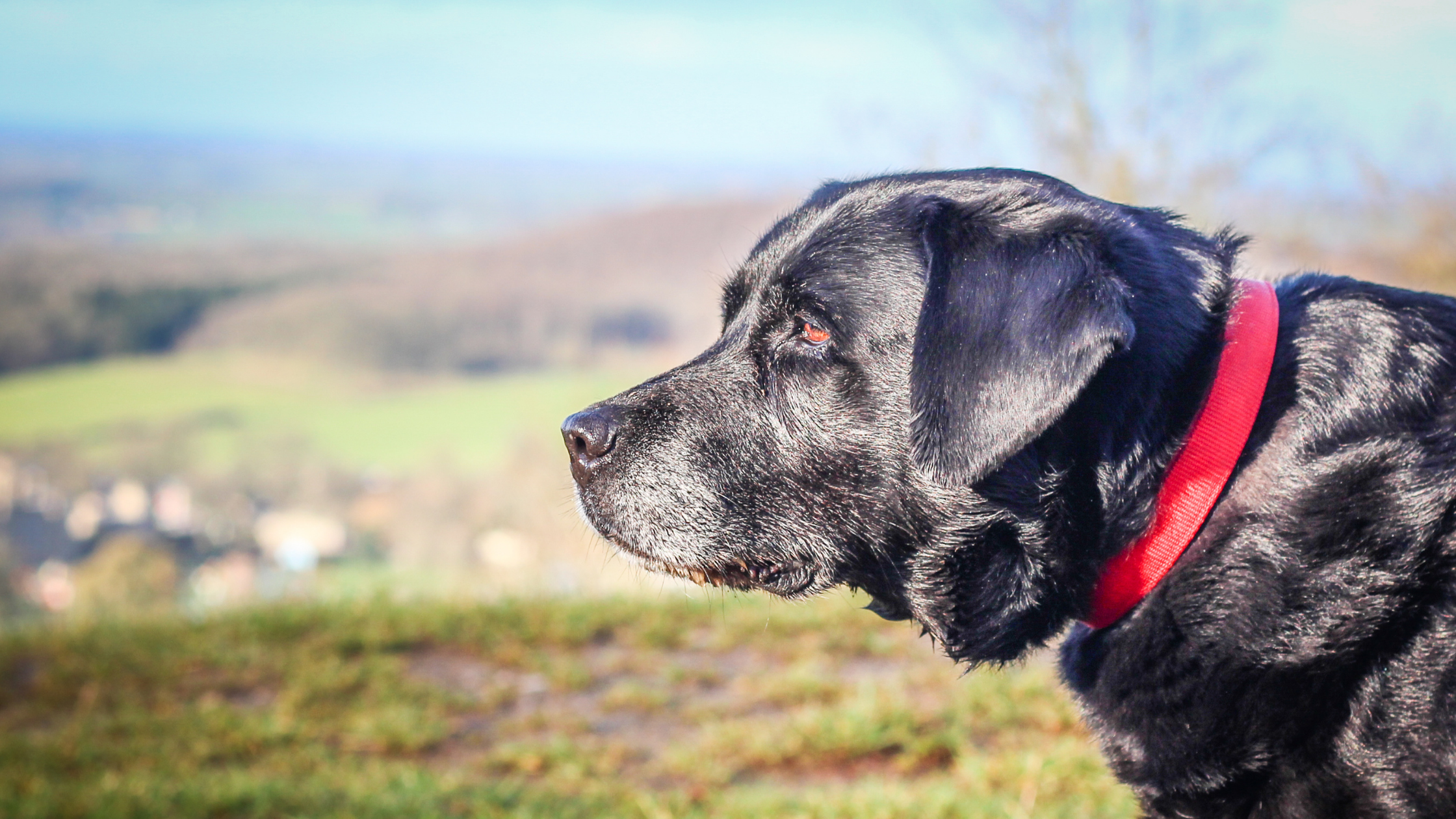How to Help You Care For Your Older Dog
Tips and Tricks for Caring for your older dog
We don’t always notice when our best friend gradually becomes a senior dog – which is why we’ve put together a guide on how to help you care for your older dog. While smaller dogs might not be considered seniors until they are eight or nine, larger breeds are entering their golden years at five or six. The calendar is not a good way to judge if your dog is a senior, and if you got your dog from a shelter, their age is probably estimated. It could be off by a couple of years if the dog arrived as an adult.
The best way to tell if your dog is now a senior citizen is to watch for the signs of ageing – and not be in denial about them. Friends are often a good guide too. If they don’t see your dog every day, the changes are more obvious.
Here’s a few signs that it is time to consider your dog a senior and provide help you care for your older dog.
- Older dogs lose interest in chasing things. Their vision might be declining, or they might be developing some joint issues.
- Their sleeping patterns change. Like many of us as we age, dogs tend to nap more during the day and wake more at night.
- Hearing loss is often part of ageing for dogs too. If your dog stops noticing the sounds of treats being taken from the press or you find you need to be louder to get their attention, it could be age-related.

Four Ways to Help You Care For Your Older Dog
Senior dogs can thrive and enjoy an excellent quality of life with the right care and attention. You can do four things to help your dog stay healthy and enjoy their golden years.
- Provide the right amount of physical and mental exercise
- Give them food that meets their changed nutritional need.
- Look out for age-related changes and know when to contact your vet.
- Keep their teeth clean and healthy
Your dog won’t retire at a certain age. They’ll want to have fun at your side, and they can – just be aware of their limits and needs as they age.

Mental and Physical Exercise for your Older Dogs
Older dogs might not leap around with excitement when you get out the lead, but they need a daily walk as much as younger dogs do. We can prevent a lot of age-related problems by keeping fit before old age arrives.
Walking your senior dog might not be much of a workout for you. They’ll be slower and the walks will be shorter. But those walks are still a highlight of your dog’s day. It helps their joints stay flexible and their weight stay healthy.
A daily walk keeps your dog interested in life and helps their mental wellness. Just sniffing around to catch up with all the canine gossip and smelling who has been around is excellent for your dog’s mind and quality of life. In bad weather, you can boost your dog’s wellness with food puzzles to engage their mind and chew toys.
If your dog has no interest in chewing, it could be a dental problem. Your vet can help. Even some calm games can help your dog get enough exercise indoors on wet days. Call your dog from one room to the next and reward them with a small treat in each room.
Dog Food to Support Your Older Dog
With age, your dog’s nutritional needs change and it might take a little more thought to care for your older dog. They need fewer calories as their metabolism slows and they are less active. But reducing the amount of food you give your dog won’t meet their needs. They need a different balance of nutrients as they age. The right senior dog food will help your dog feel younger longer. It will provide glucosamine and chondroitin for healthy joints, and antioxidants for their overall wellbeing.
Your older dog needs a high-quality source of protein. Avoid foods with ‘meat by-products’ and instead look for one that says plainly what type of meat is used. Equally important, look for a brand that has strong relationships with the farmers who supply the ingredients. Locally sourced, natural ingredients will be easier on the stomach. Rice is more digestible than maize, and bright colours and other unnecessary additives should be avoided. The right amount of fibre is especially important as it will help your ageing dog stay regular.
When it comes to Senior Dogs, we love our own Leader Senior Dog Range, with options for senior dogs of all sizes. Not all older dogs are the same, and that’s why it is still important to find a food designed for their size as well as their age. Bigger dogs need more nutrients for joint support than smaller ones. And smaller dogs will have an easier time eating smaller nuts as they age. Regular dental care is vital, but it won’t stop the ageing process.
Age-Related Problems Every Older Dog Owner Should Know About
Some of the health issues that arise with old age are well-known. We expect hearing and vision to decease in our dog’s senior years. Arthritis, stiff joints and hip troubles are also common in older dogs, but dog owners can do a lot to care for your older dogs.
Sometimes, our dogs still struggle with joint problems despite an excellent diet and regular exercise. Some breeds, mostly larger ones, are prone to hip issues. If your dog is struggling to get in or out of their bed or the car, you can purchase a secure, no-slip step for them if it isn’t easy or safe to lift them.
Stiff joints can also make it hard for dogs to keep their footing on slippery floors. Pet shops carry special rubber soled dog shoes that are extremely helpful with this. (They are usually marketed for dogs to go hiking in rough terrain, but they’re great for older dogs on smooth floors too.) Remove them when your dog is in a carpeted room or other non-slip surface and check them to make sure their fur isn’t tangled inside the boots and that their paws are getting air. Remember, dogs sweat through their paws.
Heart problems can develop with age, particularly in large breeds and individuals that carry some extra weight or don’t exercise regularly. In dogs, coughing can be a sign of heart trouble. A dog that coughs frequently needs to see the vet.
You are more likely to notice lumps and bumps on your older dog. Most of the time, these are benign cysts or lipomas, but your vet should check to rule out cancer.
Any sudden or dramatic changes in your dog should be checked by your vet.
Your best friend deserves a comfortable and secure old age by your side. Senior dogs are quieter than younger ones. They don’t make their needs known as clearly, but they do have changing needs. One thing is constant, however. You are the centre of their universe, and what dogs most want at any age is your love and attention.


